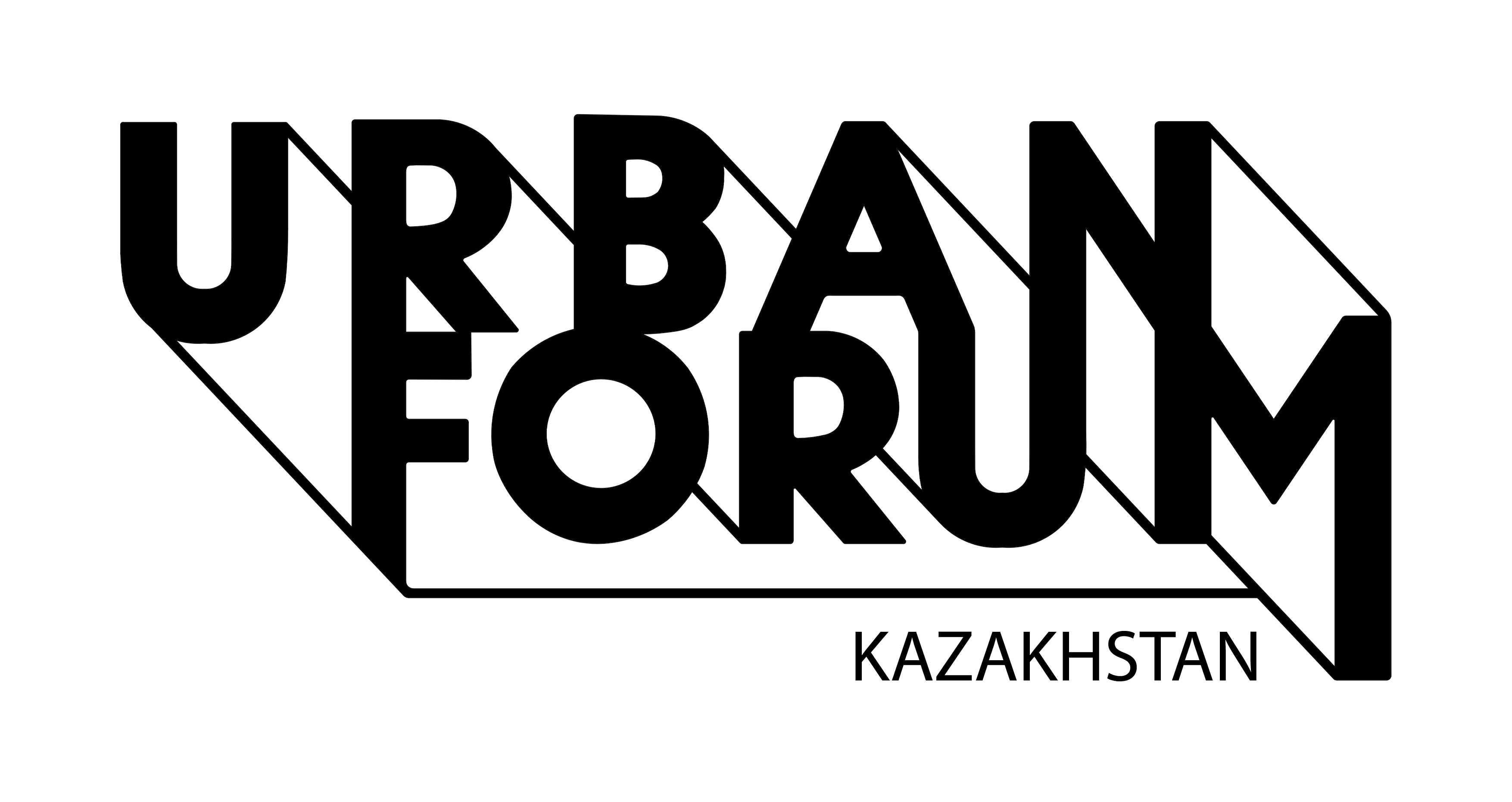Study
Smart City. Civil Society Participation in Program Implementation
2017
With the technical aspects of the Smart City concept in focus, many countries often forget how important it is to cooperate with inhabitants as the basis of urban development. In 2017, the Urban Forum Almaty together with the University of Westminster (London) held a study on Smart City: Civil Society Participation in the Program Implementation.
The report examines the ways in which the cities in the UK and Kazakhstan utilize community energy, ideas and abilities to create smart cities. The smart concept is not only about infrastructural modernization and the latest technologies, but also about smart methods that rest upon community cooperation. People should be participants, not an object of innovation.
While studying the cities of the UK and Kazakhstan, researchers focused on approaches the community maintain to participate in their cities' development.
The report examines the ways in which the cities in the UK and Kazakhstan utilize community energy, ideas and abilities to create smart cities. The smart concept is not only about infrastructural modernization and the latest technologies, but also about smart methods that rest upon community cooperation. People should be participants, not an object of innovation.
While studying the cities of the UK and Kazakhstan, researchers focused on approaches the community maintain to participate in their cities' development.

Main Conclusions
Local authorities of Almaty and Astana work towards expanding the community participation in the Smart City project. Institutional reforms, including information and communication technologies for government accountability and response to community requests as well as the establishment of Community Councils facilitate the process. This work should become a part of a clearer strategy to help the community better understand the gist of the proposed ideas and smart solutions.
The launch of the smart city concept in Almaty and Astana will have a greater socio-economic effect when various parties already engaged in the introduction of urban development innovations and initiatives will contribute. The parties include public organizations, various civil groups, businesses, start-ups, academic and educational institutions and others.
Civil initiatives face some difficulties at the city level. The community and decision makers have no direct feedback channels. Still no educational programs exist to train the community in digital competencies and information literacy, so that they can interact with open data and other smart products.
JSC "Astana Development Center" and Astana Innovations municipal company showed great potential as mediators in cooperation between young professionals, community, international organizations, and city authorities.
The launch of the smart city concept in Almaty and Astana will have a greater socio-economic effect when various parties already engaged in the introduction of urban development innovations and initiatives will contribute. The parties include public organizations, various civil groups, businesses, start-ups, academic and educational institutions and others.
Civil initiatives face some difficulties at the city level. The community and decision makers have no direct feedback channels. Still no educational programs exist to train the community in digital competencies and information literacy, so that they can interact with open data and other smart products.
JSC "Astana Development Center" and Astana Innovations municipal company showed great potential as mediators in cooperation between young professionals, community, international organizations, and city authorities.
Recommendations for Decision Making Centers
To allocate leadership roles in the implementation of innovative solutions with stakeholders;
To invest in the community competence of participating in the development of smart city solutions;
To expand access to open data and invest in the development of skills to use it;
To explore innovative financing models to support community ideas;
To create spaces for organizations and active citizens for the development of their cooperation and joint projects;
To adapt the city administration to the requirements of the smart city;
To scale up projects and ensure their sustainability by maintaining a network of participants from previously proposed projects and initiatives;
To assess experimental and scalable interventions based on data and level of socio-economic impact;
To strengthen the role of universities in promoting smart city projects;
To expand the meaning of the word "smartness" by integrating community potential and civil participation in the concept.
To invest in the community competence of participating in the development of smart city solutions;
To expand access to open data and invest in the development of skills to use it;
To explore innovative financing models to support community ideas;
To create spaces for organizations and active citizens for the development of their cooperation and joint projects;
To adapt the city administration to the requirements of the smart city;
To scale up projects and ensure their sustainability by maintaining a network of participants from previously proposed projects and initiatives;
To assess experimental and scalable interventions based on data and level of socio-economic impact;
To strengthen the role of universities in promoting smart city projects;
To expand the meaning of the word "smartness" by integrating community potential and civil participation in the concept.


